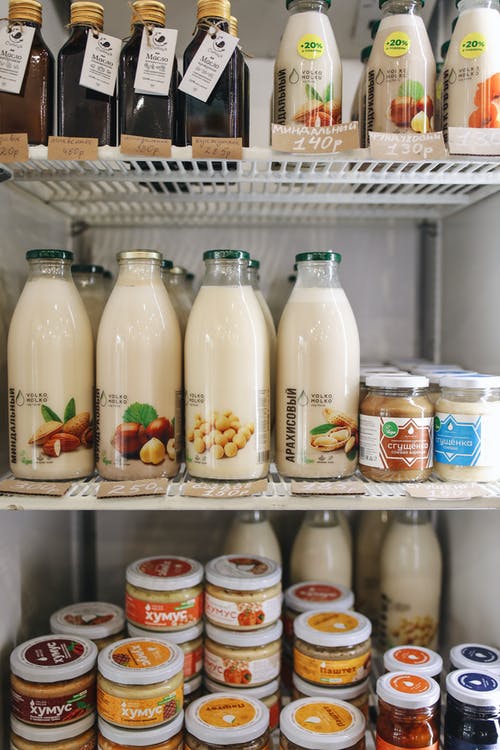In recent years, many people around the world have stopped consuming meat and turned to strict vegetarian or vegan diets. While meats and meat-based products are rich in protein and a number of other nutrients, environmentally conscious eaters have criticized them for the inhumane nature of the global meat industry. As a result, a lot of promotion towards vegan and vegetarian diets has occurred. However, how easy is it to have a vegetarian/vegan diet that’s healthy and balanced?
Let’s take a look at meat replacements, supplements and more recommended by the World Health Organization (WHO).
Planning a balanced and healthy vegetarian diet
Nutritionists recommend consuming a variety of plant-based foods such as whole grains, legumes, vegetables, fruits, and nuts. They also recommend reducing the intake of refined grains, fruit juices, and sugar-rich beverages. Some of the nutrients you should focus on include:
- Vitamin D and calcium: Adequate calcium intake guarantees the development and maintenance of strong bones and teeth. Vegetables rich in calcium include broccoli, kale, and turnip. Vitamin D is also a well-known nutrient for maintaining bone health. However, vitamin D content in vegetables is relatively low.
- Protein: Protein aids in the maintenance of bones, organs, muscles, and healthy skin. Vegetables that are rich in protein include legumes, seeds, lentils, nuts, whole grains, and soy products.
- Vitamin B-12: Vitamin B-12 plays an important role in preventing anemia by producing red blood cells. However, vitamin B-12 content is minimal in vegetables.
- Zinc and iron: Zinc is vital for the formation of proteins and proper cell division. The highest concentrations of zinc can be found in vegetables such as wheat germ, nuts, legumes, soy products, and whole grains. Iron is also important to maintain the health of red blood cells, and high iron content is present in vegetables such as whole grains, lentils, peas, dry fruits, and dark leafy vegetables.
Why you may need meal replacements and supplements
Some of the nutrients we mentioned previously are found in low concentrations in plants and vegetables. For example, vitamin B-12 is virtually non-existent in vegetables but is present in abundance in meats and meat-based products. It’s important that you don’t miss out on those nutrients even if you stick to a vegan/vegetarian diet.
That’s why you can consider the following meal replacements and supplements recommended by the WHO:
- Vega Protein Nutrition Shake
- Smart for Life Protein Bars
- AMPLE Original Complete Meal Shake
- Soylent Original Plant Protein Meal Replacement Shake
- American Metabolix Keto Meal Replacement Powder
- Keto Function Keto+ Shake
It’s important that you talk to a nutritionist regarding the right supplements based on the diet you follow.














